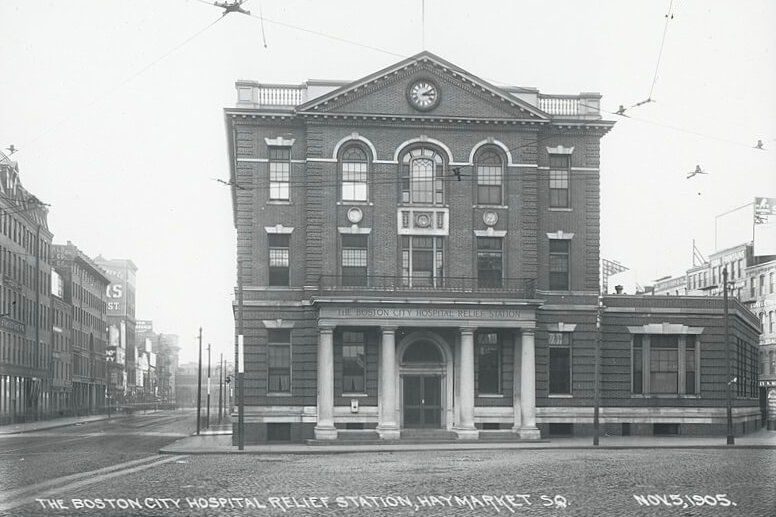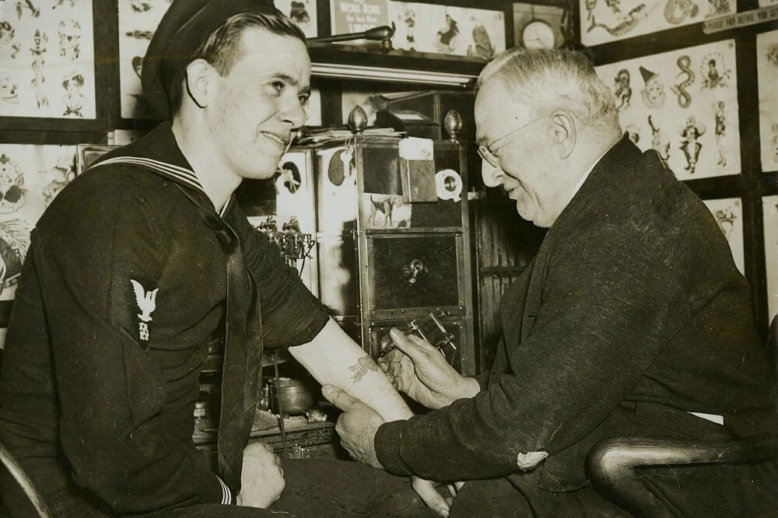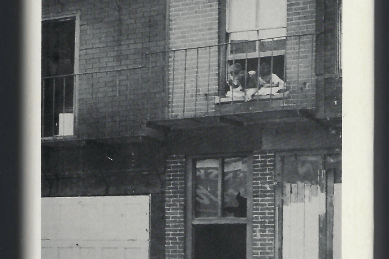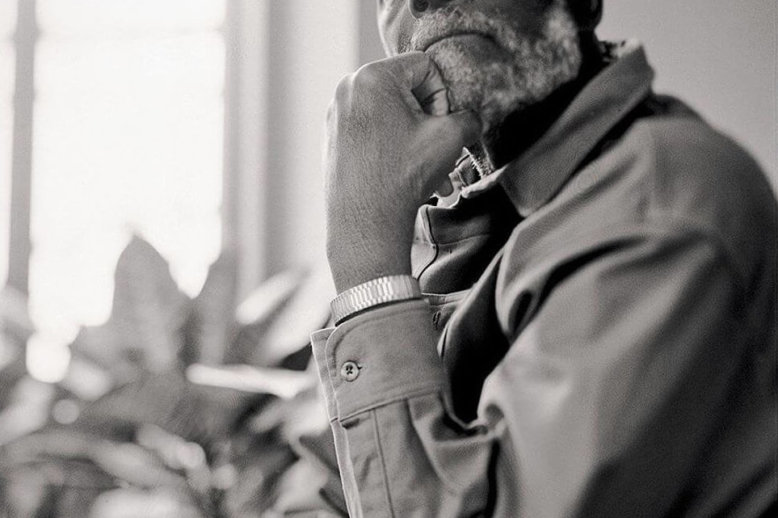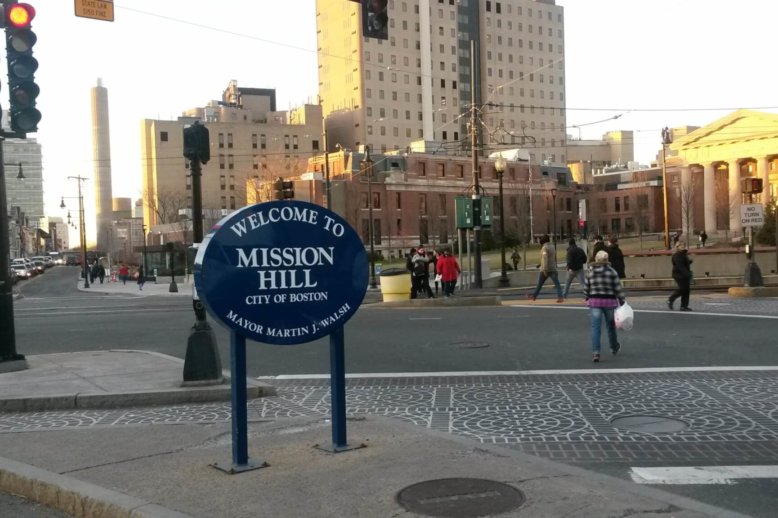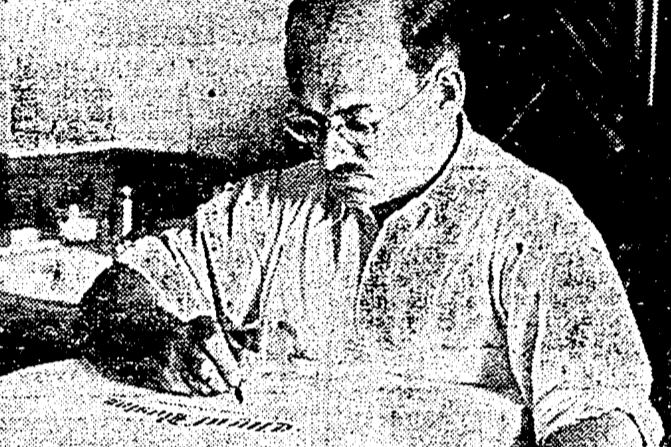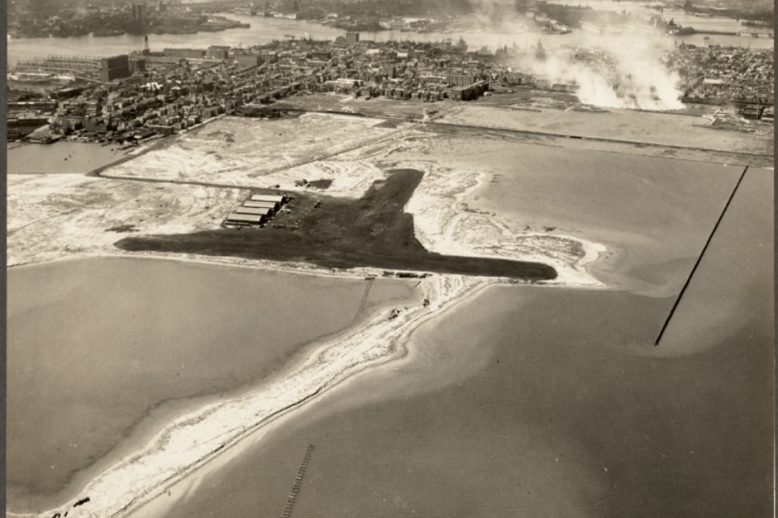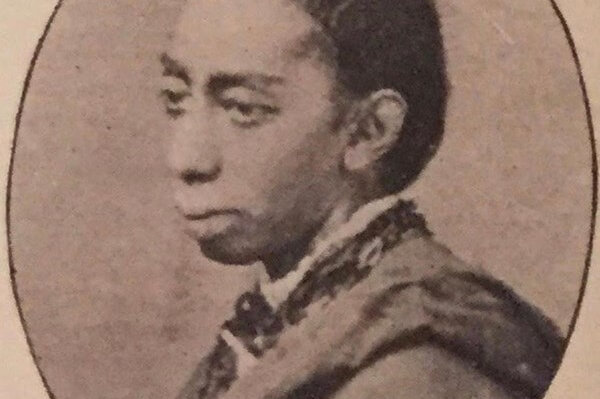Topic
Organizational category for historical articles
In the later half of the 19th century, Boston’s downtown residents required more immediate access to acute medical care as industrialization brought with it additional hazards to safety and health. For over thirty years the Haymarket Relief Station, which sat at the eastern gateway of the West End, filled that gap by providing much needed treatment for acute illnesses and injuries for urban residents.
Scollay Square was a popular Boston hot spot for nightlife during the first half of the 20th century, with its vaudeville theaters, bars, and sideshow attractions. Long chided by local politicians for its perceived physical and moral decay, in 1963 the City of Boston completely demolished the area as part of an urban renewal project. Though often viewed within the broader context of the West End’s redevelopment, Scollay Square’s final chapter can also be understood through the lens of World War II, the growth of Boston’s Navy Yard, and the demographic shifts at the war’s conclusion.
Soon after the bulldozers of urban renewal began clearing land, experts in various fields focused on the effects of development projects and the human cost paid by affected communities, such as Boston’s West End. Marc Fried, a Harvard educated psychologist, interviewed hundreds of displaced West End residents in the late 1950’s to assess the emotional effects of relocation. The results of his work, and that of other dedicated researchers, helped turn public opinion against top-down urban renewal and inspired community activism throughout the United States.
Mel King was one of Boston’s most influential Black political figures, who stood against destructive urban renewal in his native South End. King made a difference as a community organizer and State Representative, and he was the first Black person to reach the general election for Mayor of Boston in 1983. King passed away on March 28, 2023 at the age of 94.
In the mid-1960’s, Harvard University purchased twenty acres of land in the diverse and predominantly working-class Mission Hill section of Roxbury in the hopes of expanding its presence in the Longwood Medical Area. Having witnessed the disastrous effects of redevelopment in the West End and successful community intervention in other Boston neighborhoods, Mission Hill residents, with the help of young activists from Harvard itself, were able to secure affordable housing for over a thousand people.
Inspired by his experiences at the West End House and Hale House, Joseph Rosen became one of the country’s leading engrossers, thanks in part to the kindness of James Jackson Storrow. He inscribed over 125,000 diplomas during his career, mainly for Harvard graduates, but he also produced honorary degrees for dignitaries such as the Roosevelt’s, Kennedy’s, and Winston Churchill. Despite his success, he never forgot the opportunities he received in the West End and found ways later in life to honor the West End House and its great benefactor.
In 1943, Boston resident Louis Stern wrote a letter to the editor of the Boston Globe, proposing that the West End be razed to build a new airport, conveniently located downtown. This idea was never seriously considered, though the East Boston Airport (Logan Airport) has its own controversial history of urban renewal.
Raised in a West End home which served as a refuge for fugitive slaves, Eliza Ann Gardner learned the power of social activism at an early age. She dedicated her long life to the struggle for abolitionism, women’s rights, temperance, and still managed to run a successful business. She contributed significantly to the transformation of Black women’s roles in churches and public culture, and served as an inspiration to millions around the world, including her younger cousin, academic and civil rights leader W.E.B. DuBois.


